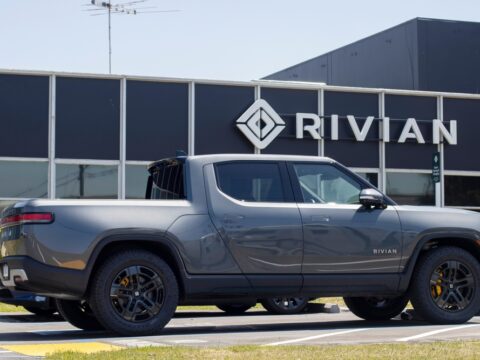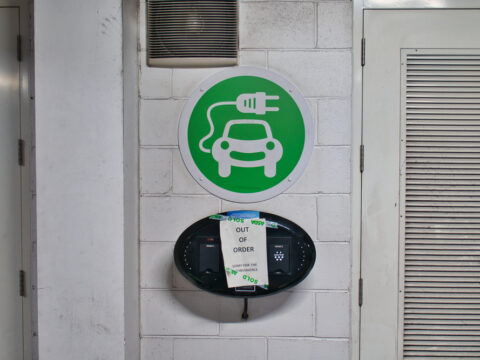Thinking about buying an electric vehicle (EV) can be exciting, but with so many options and features to consider, it’s important to ask the right questions before making a decision. From understanding battery life to knowing about charging options, these key questions will help you feel confident in your choice. Here’s a guide to the 20 must-ask questions to ensure you pick the best EV for your needs.
Contents
What is the vehicle’s total driving range on a full charge?

The driving range is one of the most critical factors to consider when purchasing an EV. It determines how far you can travel before needing to recharge. While many EVs offer ranges of 200-300 miles on a single charge, high-performance models can exceed 400 miles. This feature directly impacts your daily commute, long trips, and overall convenience.
How long does it take to fully charge the battery?
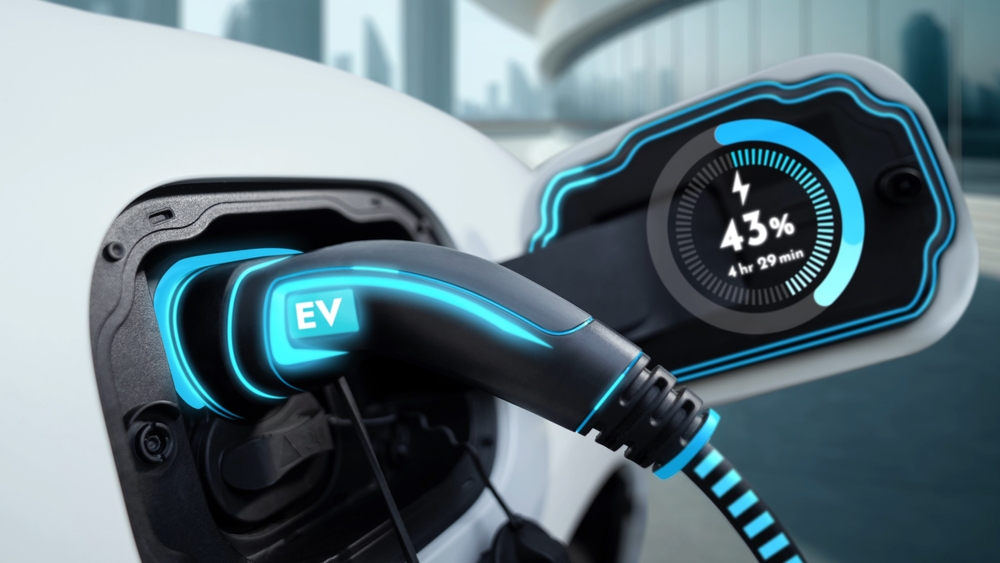
Charging times vary significantly based on the vehicle’s battery capacity, the type of charger used, and the charging infrastructure. Some EVs can take as little as 30 minutes using a fast charger, while others may take 12+ hours using a standard home outlet. Understanding this can help plan your daily schedule and make sure the vehicle fits into your lifestyle.
What types of charging stations are compatible with the vehicle?
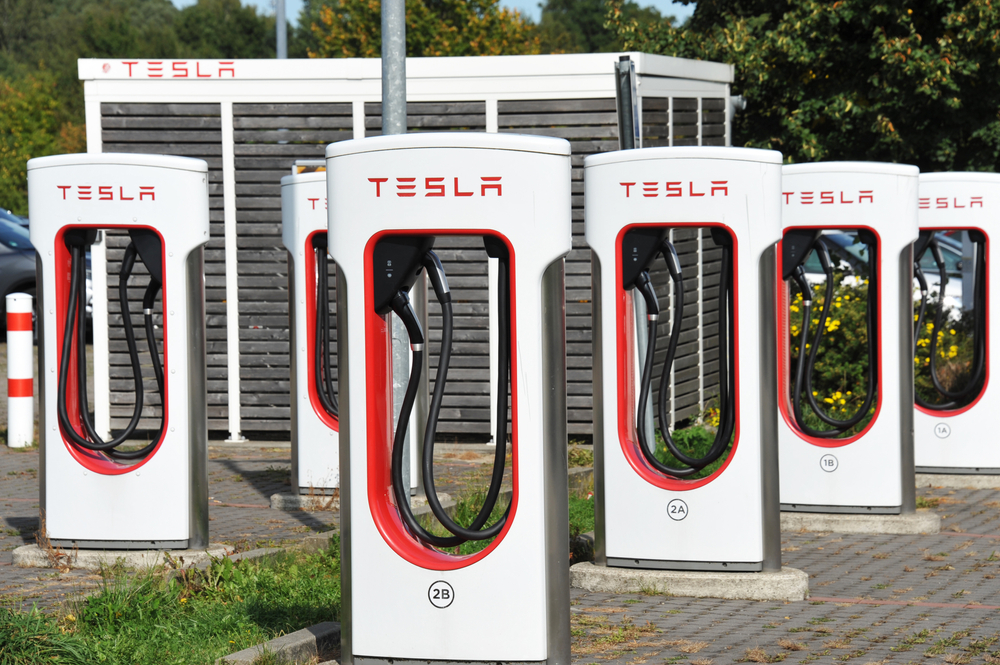
Not all EVs are compatible with every charging station. There are different levels of chargers (Level 1, Level 2, and DC fast charging), and some models may only work with specific types. Knowing what types of charging stations are available to you ensures that you have access to convenient charging options at home and on the go.
How much does it cost to install a home charging station?
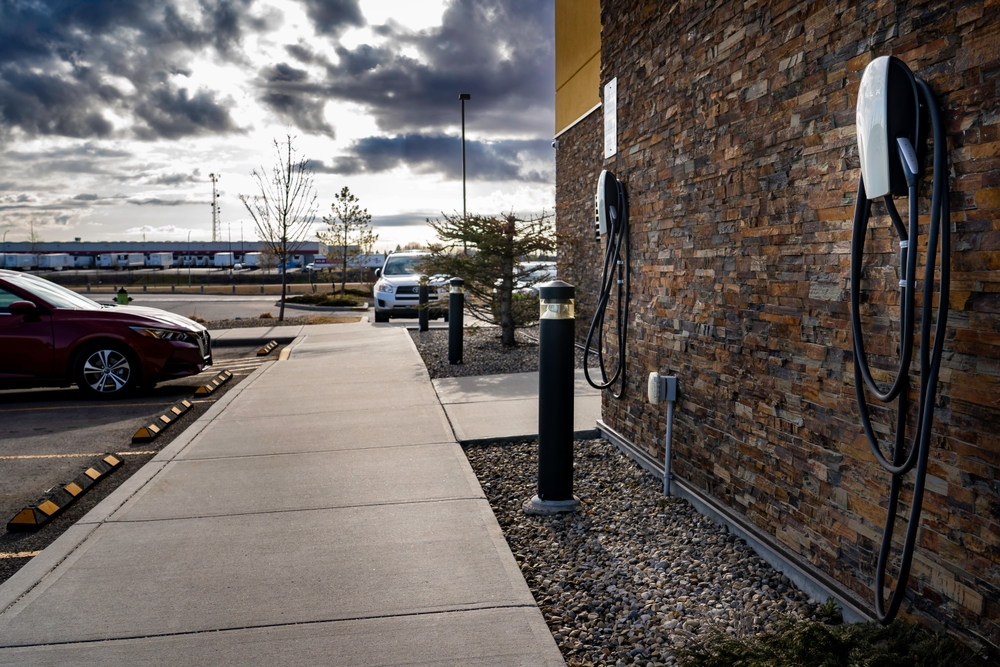
If you plan to charge your EV at home, installation of a Level 2 charger may be necessary for faster charging. Installation costs vary depending on your electrical setup and the charger model, usually ranging from $500 to $2,000. Factoring this into your budget is crucial for convenience and efficient charging.
Are there public charging stations available near my home or workplace?
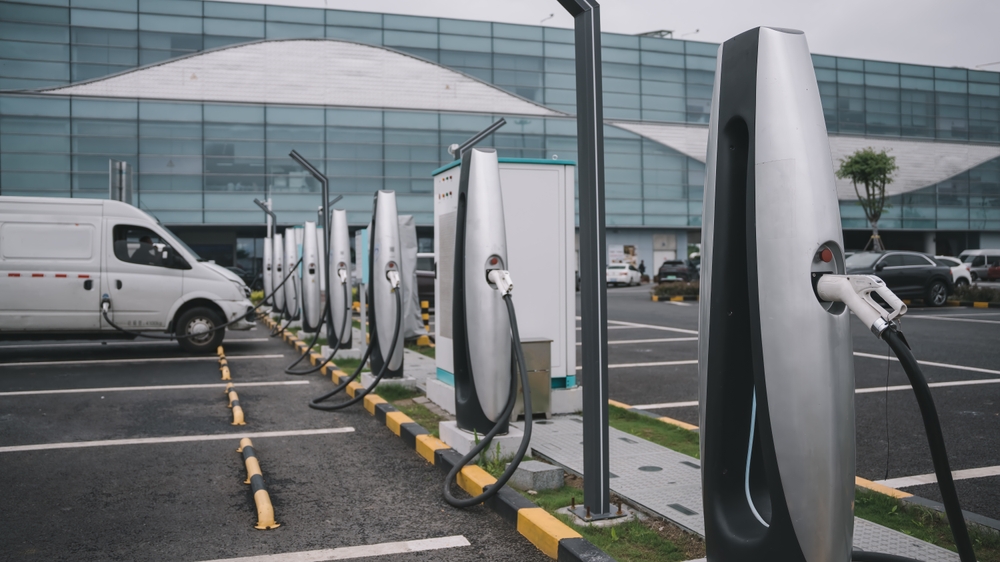
The availability of public charging stations is vital for those who may not have home charging access or need to charge on the go. Checking for nearby stations ensures that you won’t be stuck with a drained battery when you’re away from home, providing peace of mind during your daily routine.
What’s the average cost of charging an electric vehicle?
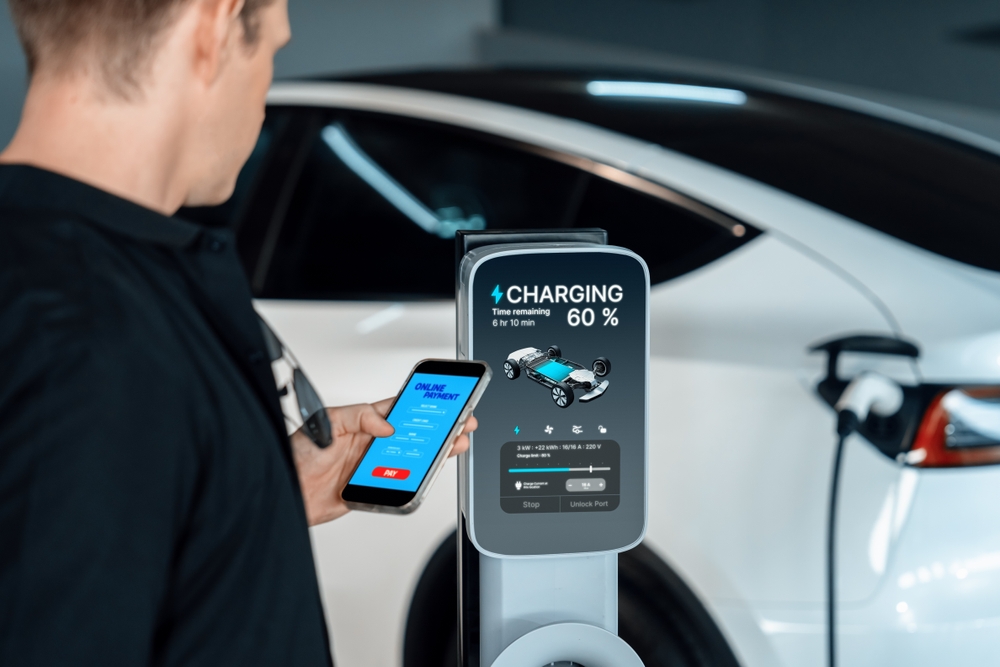
Charging costs depend on your local electricity rates and how often you charge. On average, charging at home is significantly cheaper than filling up with gasoline, with the cost per mile being lower. Understanding this helps calculate long-term savings compared to owning a traditional gas-powered vehicle.
How does the vehicle perform in cold or hot weather?
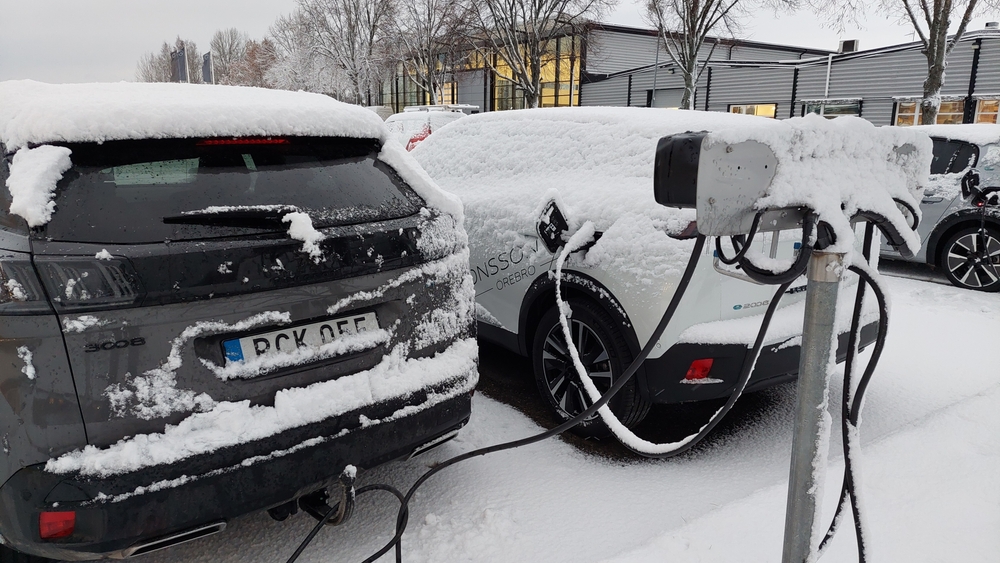
Extreme temperatures can affect battery efficiency, leading to reduced range and longer charging times. It’s essential to understand how the EV handles different weather conditions, especially if you live in areas with harsh climates, to ensure reliable performance year-round.
What’s the warranty on the battery, and how long is it expected to last?

EV batteries degrade over time, affecting their ability to hold a charge. Most manufacturers offer warranties of 8 to 10 years or 100,000 miles, but it’s crucial to ask about the expected lifespan. A strong battery warranty ensures you’re covered for repairs or replacements, preventing future costly expenses.
How much will it cost to replace the battery?

While EV batteries are designed to last for many years, they eventually need replacement, which can be expensive. Costs vary but can range from $5,000 to $15,000. Understanding this potential expense helps with long-term financial planning and determining the overall value of the vehicle.
Can I take long road trips with this electric vehicle?
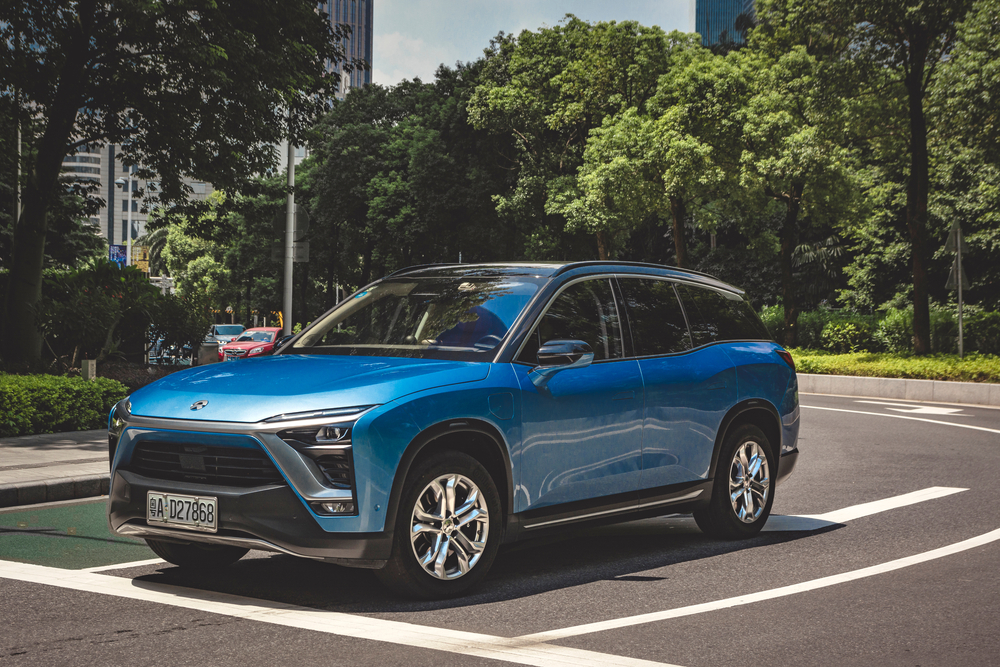
EVs are great for city driving, but long road trips may require additional planning for charging stops. Some EVs come with longer ranges or access to fast chargers along highways, making them better suited for road trips. Ask about the vehicle’s range and fast-charging options for long-distance travel.
Are there apps or services to help locate charging stations while traveling?
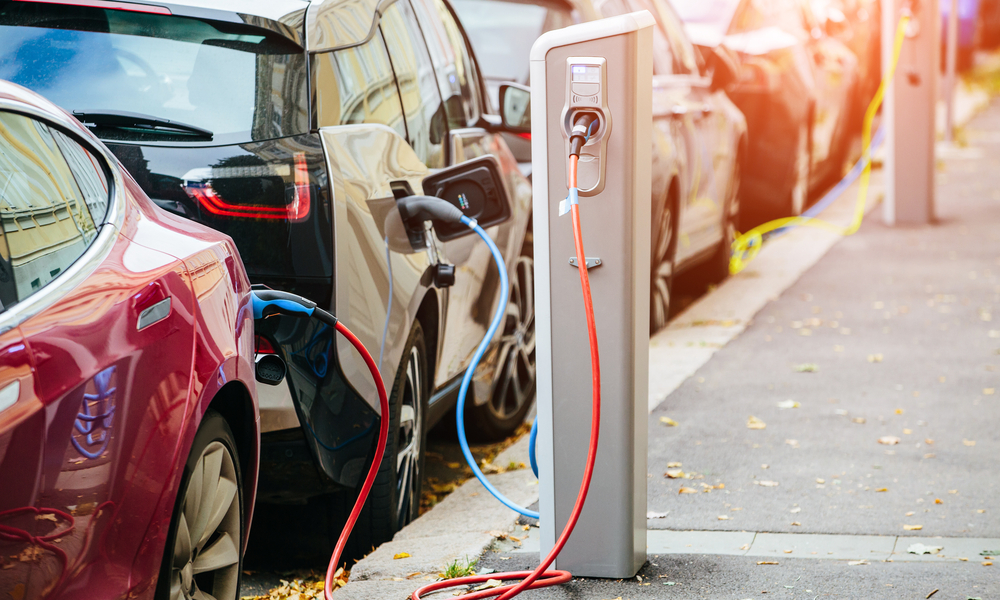
Many EVs come with integrated apps or third-party services that help you find nearby charging stations. These tools are essential for planning road trips or navigating unfamiliar areas, ensuring you can always locate a charger when needed.
Does the vehicle offer fast-charging capabilities?
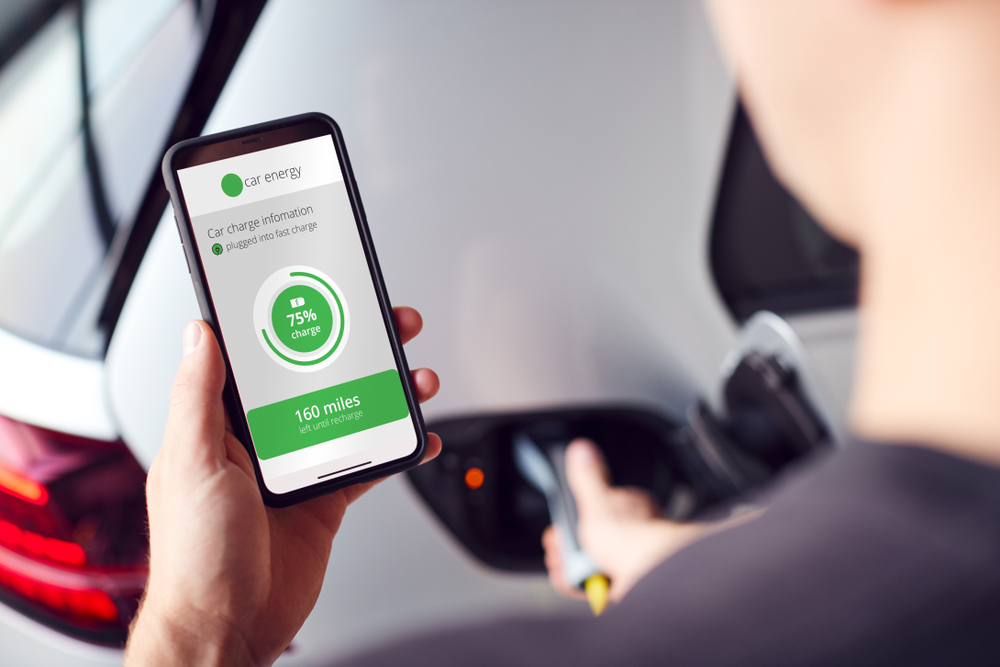
Fast charging can significantly reduce the time needed to recharge your EV, with some models allowing you to gain 80% of charge in 30 minutes or less. If you plan to use your EV for long trips or frequent drives, this feature is crucial for minimizing downtime.
How much cargo space is available in the electric vehicle?

EVs come in a variety of shapes and sizes, from compact cars to SUVs. Since they don’t have traditional engines, some offer additional cargo space in the front (frunk) or a more spacious interior. Evaluating cargo capacity is essential if you need room for luggage, groceries, or other items.
What safety features does the EV include?

Safety is a top priority, and many EVs come equipped with advanced safety features like automatic emergency braking, lane-keeping assist, and adaptive cruise control. Be sure to ask about the safety features offered and their reliability, as they can enhance your driving experience and keep you safer on the road.
Is the electric vehicle eligible for any tax credits or rebates?

Many governments offer incentives to encourage the purchase of EVs, including federal tax credits, state rebates, or local perks. These incentives can reduce the initial cost of the vehicle and provide long-term savings, making it an essential question for budget-conscious buyers.
What are the maintenance costs compared to a gas-powered car?

EVs typically require less maintenance than traditional gas vehicles due to fewer moving parts. There’s no need for oil changes, and brakes last longer due to regenerative braking systems. Understanding the long-term maintenance savings can help you calculate the overall cost of ownership.
Are the repair costs higher for electric vehicles?
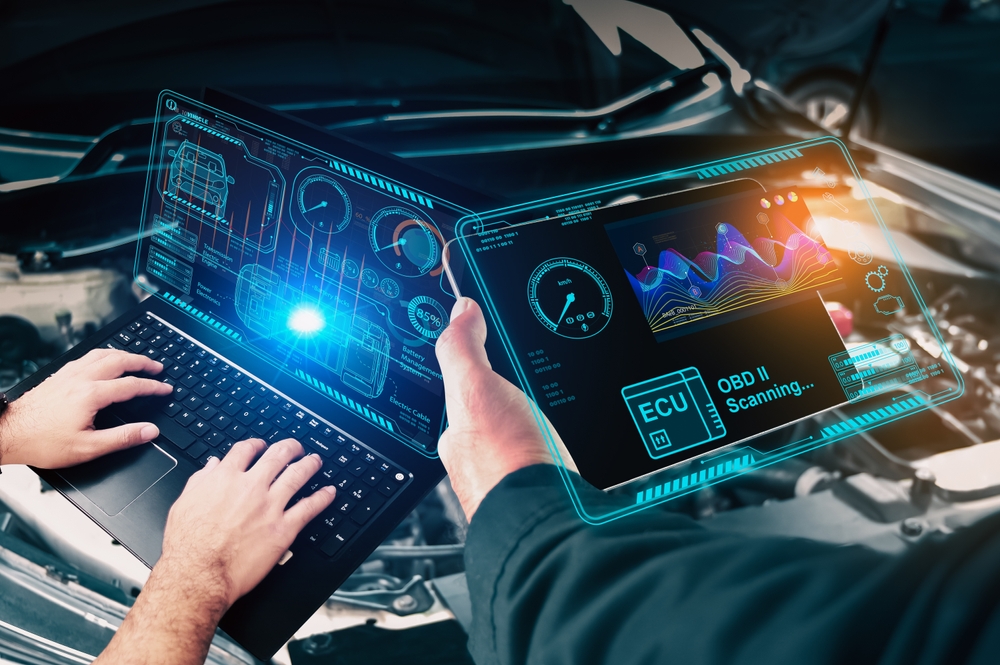
While EVs require less maintenance, repair costs can be higher due to specialized components and fewer trained technicians. Asking about repair costs and availability of service centers ensures you won’t face unexpected high expenses if something goes wrong.
What is the resale value like for this electric vehicle?

As the EV market continues to grow, resale values can vary based on brand, model, and battery life. Understanding the expected depreciation of your EV can help you make a smarter financial decision and predict the long-term value of your investment.
How does the EV perform in terms of acceleration and handling?
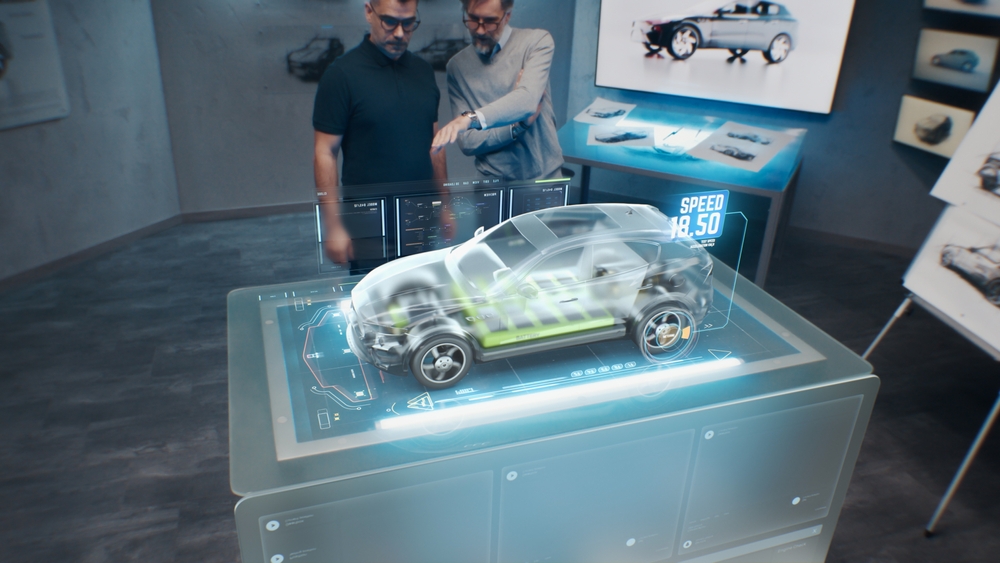
EVs are known for their instant torque and smooth acceleration, often outperforming gas-powered vehicles in speed and agility. However, handling and performance vary between models. Test-driving and asking about performance can help you find an EV that suits your driving style.
Does the vehicle support over-the-air software updates?

Over-the-air (OTA) updates allow manufacturers to improve the vehicle’s software without a trip to the dealer, adding new features, enhancing performance, or fixing bugs. This feature ensures your EV stays up to date with the latest technology and can extend its usability.
This article originally appeared in MyCarMakesNoise.
More from MyCarMakesNoise
13 Sleek Jet Skis That Redefine Speed and Style

When it comes to hitting the water, nothing combines thrill and style quite like a jet ski. In this article, we’re diving into 13 sleek models that not only push the boundaries of speed but also set new standards for design. Read More
9 Surprising Products You Didn’t Know Were Ferrari-Branded

When you think of Ferrari, sleek sports cars and roaring engines likely come to mind. But Ferrari’s influence goes beyond the racetrack. From fashion to everyday gadgets, the iconic prancing horse logo has found its way onto a range of unexpected products. Read More
7 Unforgettable Racing Feats of Nissan’s GT-R Models

Nissan’s GT-R models have earned a legendary status on the track, known for their speed, precision, and unwavering performance. From breaking records to claiming victory in some of the world’s most prestigious races, the GT-R has cemented its place in motorsport history. Read More

